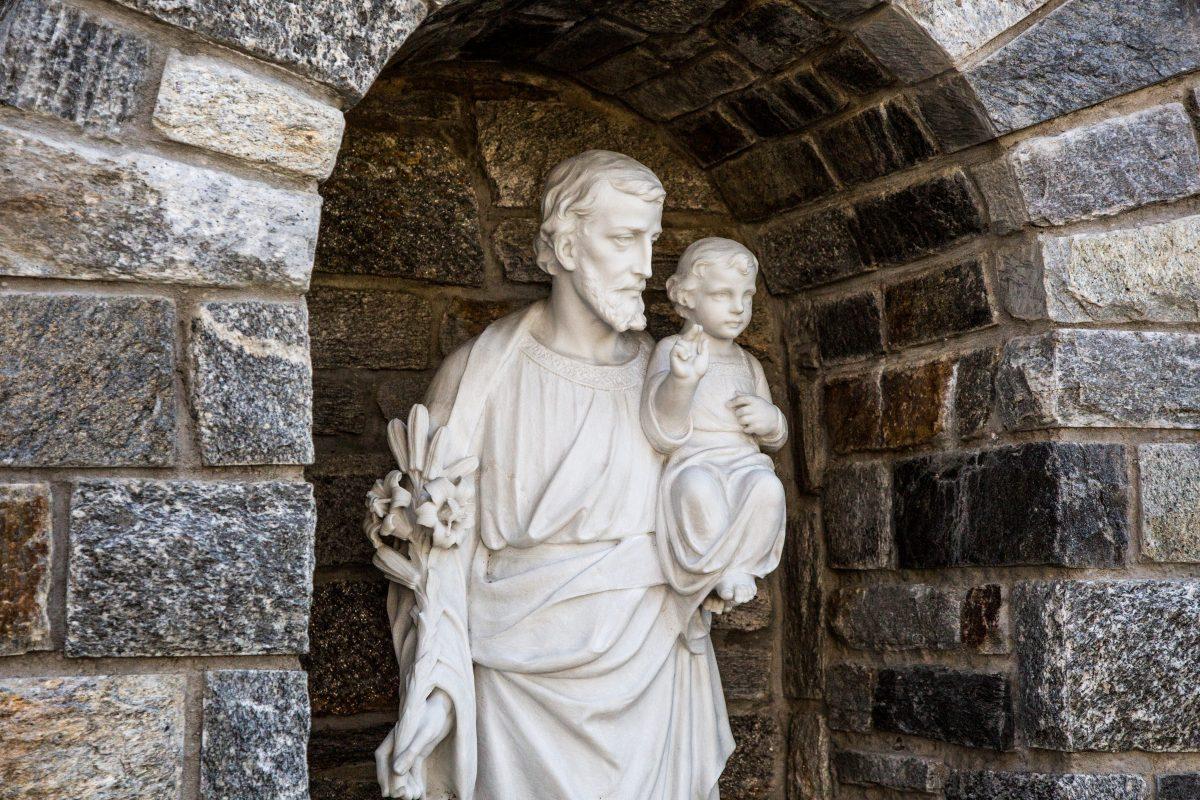Students discuss how they cope with tragic events
When Mitchell McIlhenny ’18 heard from a friend about the mass shooting in Las Vegas and turned on the news to learn more, he was shocked.
“I couldn’t believe it, that amount of people gone is just absolutely terrible,” McIlhenny said. “I have a whole mix of emotions about this: sadness for all the lives lost, anger at the person who did
this, determination to find a way to stop events like this from happening. It’s a scary thought that things like this keep happening, and at events like a country concert.”
Like McIlhenny, many people are struggling to understand what led a shooter to take the lives of 58 people at a country music festival and injure almost 500 others.
To attempt to fathom this seemingly senseless violence, people often go online and take in as much information as they can about what happened, and why. According to Phyllis Anastasio, Ph.D., associate professor in the psychology department, one reason to gravitate towards the media after tragedies is because people want to create a sense of security.
“We all have a need to predict and control our environment so that we feel safe,” Anastasio said. “Negative events draw our attention, so that we can try to answer the ‘why did it happen?’ question, and by doing so try to avoid these situations so that we feel safe.”
While the world may seem like a more dangerous place after these incidences of violence, Anastasio said the best thing to do is not to live in a state of fear.
“The best way to cope with tragedy like this is to realize that the probability of one directly affecting us or a loved one is still extremely small,” Anastasio said.
While the shooting occurred hundreds of miles from Philadelphia, extensive news coverage and social media brought the violence to our smartphones and computer screens.
“Although the event did not take place in our local area, our community can still feel the effects through friends and family we may know or associations and ties we have to the city of Las Vegas,” said Alexandra Natale ’18, student body president.
According to Natale, the Saint Joseph’s University community has been coming together to help each other cope in the wake of the tragedy and also stand in solidarity with those affected.
“Through the recent shooting, as well as the natural disasters that have been occurring, I have been trying my best to advocate all the resources available to students while on campus,” Natale said. “It
has definitely been a rough semester thus far, but as Hawks, situations like these call us to come together as a community. These unexpected challenges call us to stand with and for others. I know our strong community will share support and positivity with those in need.”
Spirituality can also play a role in attempting to make sense of tragedy. Daniel Joyce, S.J. said prayer can help people feel more connected when dealing with senseless violence in the world today.
“Acknowledging the loss and supporting survivors are some of the immediate
responses,” Joyce said. “Feeling the support of others through a community of prayer enables us to realize that we are not alone in dealing with this news or responding to it.”
Not only can spirituality help people cope with grief brought on by these tragedies, it can counter the cruelty and hatred in the world, according to Joyce.
“Spirituality may empower us to respond to violence by creating greater connectivity and a sense of hope among more people so that we can counter the isolation, fear or pathology that may be the cause of senseless acts of brutality,” Joyce said.
The American Psychological Association has a list of tips for managing distress in the aftermath of a shooting, some of which include talking about it, honoring your feelings and taking care of yourself.
If you are experiencing grief or sadness and wish to talk to someone, St. Joe’s Counseling and Psychological Services (CAPS), located in Merion Gardens room A504, offers individual or group counseling. Appointments can be made by calling 610-660-1090. CAPS also offers walk-in hours
for urgent concerns on the first floor of Lafarge Residence Center, Monday through Friday from 11 a.m. to 12:30 p.m., or in Merion Gardens A504 Monday through Friday from 3 to 4 p.m.















































